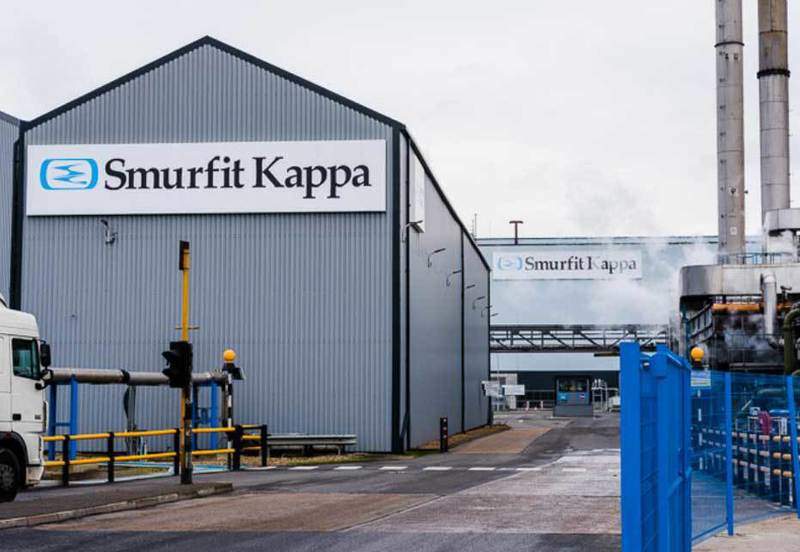
Paper-based packaging company Smurfit Kappa has commenced construction of a new recovery boiler at its Nettingsdorf Paper Mill in Austria, as part of its €134m investment plan.
The recovery boiler is expected to increase the profitability and sustainability of the mill and will enable the plant to increase energy optimisation at the mill.
Smurfit Kappa Nettingsdorf CEO Günter Hochrathner said: “With the ground-breaking ceremony for the rebuild of the recovery boiler, we have taken a step into the future for Smurfit Kappa Nettingsdorf.”
The boiler is anticipated to reduce CO2 emissions by 40,000t by recovering energy from the biomass contained in black liquor from pulp production.
The packaging firm will focus on developing a new steam turbine, as well as several extensions and adjustments to upstream and downstream plants as part of its Future Energy Plant project.
Smurfit Kappa Paper Europe COO Laurent Sellier said: “At Smurfit Kappa, we strive for a sustainable business. The Future Energy Plant project is part of a larger investment programme by the Smurfit Kappa Group to further improve sustainability.

US Tariffs are shifting - will you react or anticipate?
Don’t let policy changes catch you off guard. Stay proactive with real-time data and expert analysis.
By GlobalData“This investment will enable us to ensure a long-term supply of high-quality, sustainable containerboard, something our customers have come to expect from us.”
Earlier this month, Smurfit Kappa brought a combined heat and power plant (CHP) onstream at its Townsend Hook paper mill in Kent, UK, to cut emissions and improve profitability.
The new CHP is designed to provide steam and electricity for the paper machine. It is expected to reduce the mill’s carbon footprint by at least 15%.
The Nettingsdorf mill currently employs 360 people and produces approximately 450,000t of paper annually.



